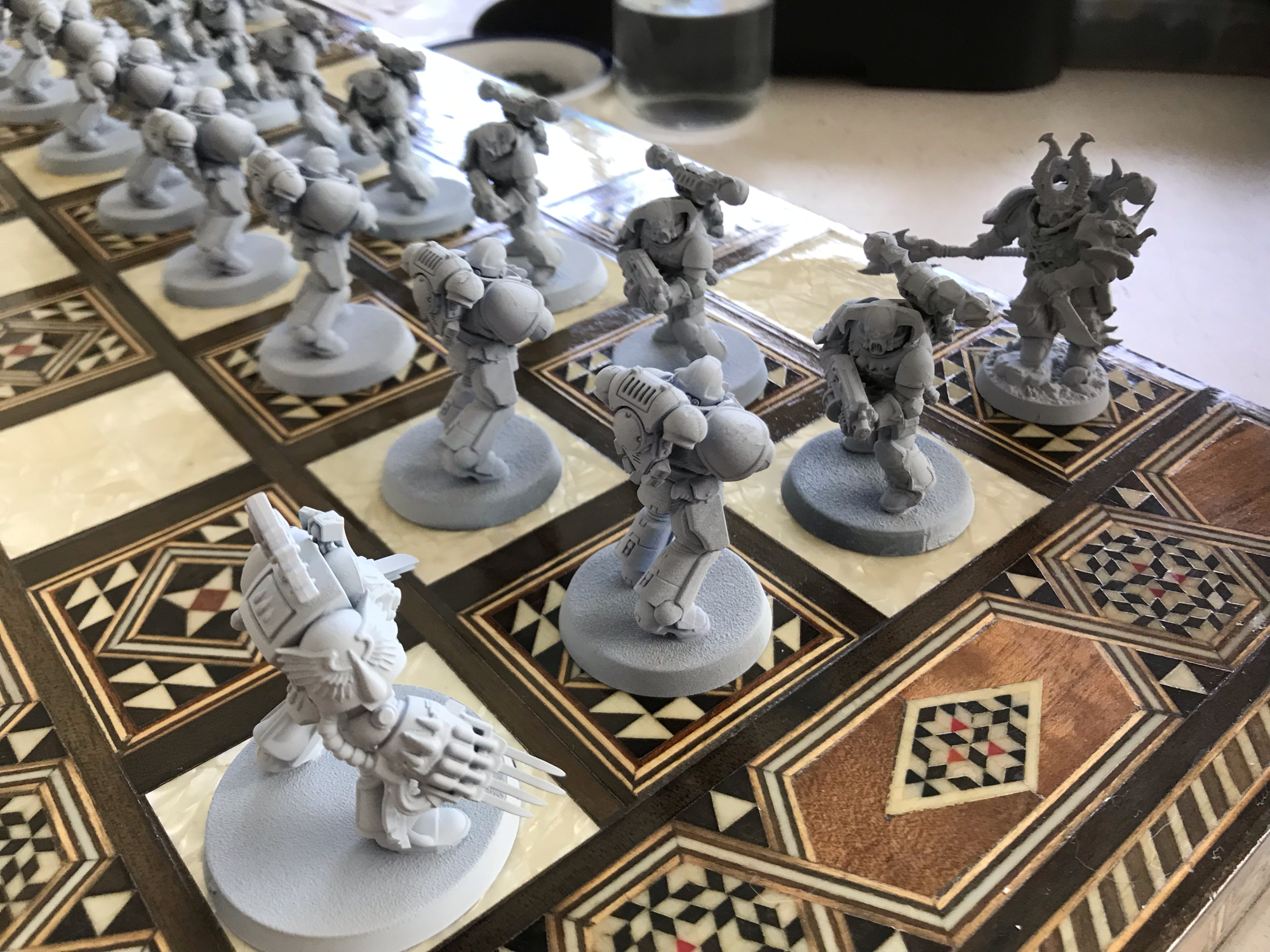Games are constantly updated these days. Any sort of competitive game, be it a board game, wargame, card game, or video game, is going to be patched. There will be errata. The numbers will shift. Even sportball adjusts its rules from time to time. It’s a given in the modern world of gaming. It’s expected. [Just about] every game is a live service game.
Why is this?
Primarily, I think, this is because games more content is always added to games. Again, in most cases it is expected. Does this mean games are being released without really being finished? Sometimes. Normally and ideally, it means that the core game is so good that we want more of it. More stories, more art assets, more factions, more whatever. As these things are added in, they jostle the things that are already there.
But why is new content always added?
Well, love. And money. Hopefully both, probably just the latter.
We’re all aware of some passion project or other, probably in production by a single creator, that said creator will continue to work on until the end of time come hell, high water, or bankruptcy. But those are few and far between.
Mainstream games that continually expand can only do so if the price is right. So does that make the churn of expansion, patching, and balancing a simple byproduct of market forces instead of passion? Probably. I don’t know.
This got me thinking about games that never get a dataslate.
There are obvious examples, like games that release finished and as a complete package; the vision is achieved; the last word has been said. Or games that simply didn’t make it. Then you have classic games that are so timeless and antique that to modify them in any sort of essential way would be heretical.
Chess is the obvious example. Backgammon, checkers, gin rummy, and go all fall into this category.
Does a game like chess not need adjusting? Is it perfect in its economy and balance? Or is it just so old that it’s above reproach? I don’t know enough about these to say so with any definition, but I wonder if textual analysis can be looked to as an analogue.
For example, nobody is revising the text of the Magna Carta. That’s a bit of an extreme example, but my point is that while we may poke and prod at ancient texts, evaluate them, critique them, and study them, nobody is looking to add to them. Some texts are simply not open to revision.
This is perhaps not a fair comparison because texts are often singular in nature, while games are more corporate (literally and in the sense of business). And that brings us back around to my initial thought – games are only modified because they are expanded and they are expanded because money.
And yet even “dead” games have fanbases that expand upon largely finished works. Are there fan made mods for chess? Maybe. But maybe, in the same way that Gilgamesh probably doesn’t have much fan fiction, some games are to be left on the shelf untouchable.
I should be interested to see if the way in which we interact with a published work today exists in its own contemporaneous bubble. Until then, let’s be glad that some things are above reproach.
